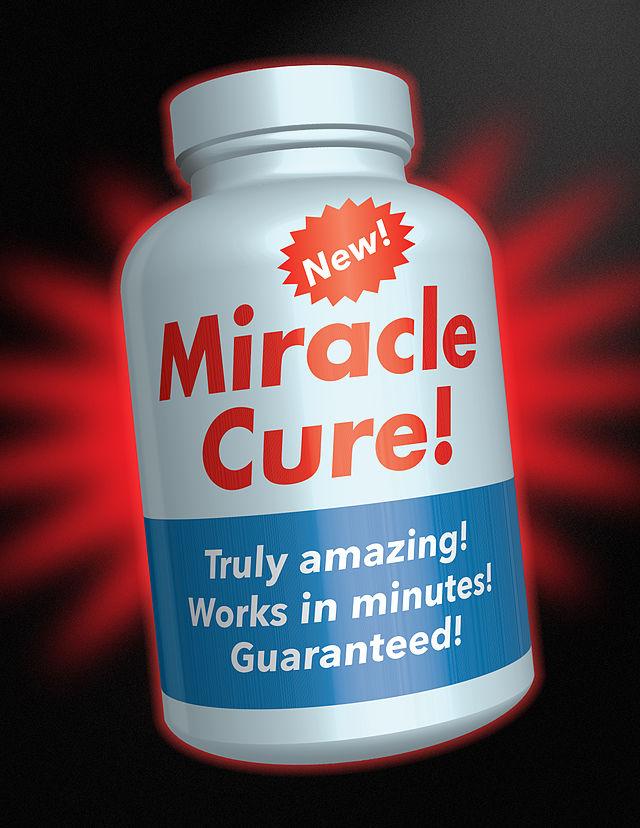
Despite their enduring popularity and sketchy health claims, dietary supplements are not regulated to the degree food and drugs are by the U.S. federal government.
That is largely thanks to Utah Sen. Orrin Hatch, who wrote the 1994 Dietary Supplement Health and Education Act (DSHEA). Past efforts to amend the law so that supplements could be subjected to some degree of scientific testing have been blasted as attempts to “overregulate” the multi-billion dollar industry. But critics of the industry will be calling for more regulations after what has been discovered at large retail chains including Walmart, Target, GNC and Walgreens.
According to cease-and-desist letters sent by New York Attorney General Eric Schneiderman, at least five dietary supplements sold at these stores have been mislabeled. Instead of St. John’s Wort, ginseng, garlic, Echinacea and saw palmetto, DNA testing revealed consumers were instead swallowing a bevy of placebos, and even allergens, including rice, wheat or dracaena — a species of tropical houseplant.
The investigation was sparked by a 2013 investigative report in the New York Times that alleged many supplements on the market were no more than powdered rice and weeds. The article quoted a Canadian university study that used DNA barcoding to reveal that many of the supplements researchers tested were of poor quality, highly diluted or even contaminated. A Department of Health and Human Services (DHH) study completed around the same time found that misleading medical claims were also frequently made by supplement manufacturers.
In the meantime, the New York Attorney General’s office has contacted the four companies’ CEOs, asking for documentation related to the sourcing of the supplements in question. Each letter reflects a disturbing trend: Only a small minority of supplement samples taken from different New York store locations revealed plant DNA matching the product label. The vast majority either revealed different plant material or no plant DNA at all, suggesting many of these products are so over-processed that any health benefits were lost during their manufacture.
The fight over the regulation of supplements has dragged on for a generation, and considering the current makeup of Congress, it is doubtful any progress on what has turned a promising industry into a nationwide scam will be made anytime soon.
So, what are consumers to do? They can start with educating themselves by reading up on websites such as those run by NSF or ConsumerLab.com. One startup, LabDoor, has made progress on testing vitamins and supplements on the market and has thousands more products in the pipeline. But do not expect an industry that has profited from dubious scientific claims and a complete lack of transparency for years to give in anytime soon.
Image credit: FDA
Based in California, Leon Kaye has also been featured in The Guardian, Clean Technica, Sustainable Brands, Earth911, Inhabitat, Architect Magazine and Wired.com. He shares his thoughts on his own site, GreenGoPost.com. Follow him on Twitter and Instagram.

Leon Kaye has written for 3p since 2010 and become executive editor in 2018. His previous work includes writing for the Guardian as well as other online and print publications. In addition, he's worked in sales executive roles within technology and financial research companies, as well as for a public relations firm, for which he consulted with one of the globe’s leading sustainability initiatives. Currently living in Central California, he’s traveled to 70-plus countries and has lived and worked in South Korea, the United Arab Emirates and Uruguay.
Leon’s an alum of Fresno State, the University of Maryland, Baltimore County and the University of Southern California's Marshall Business School. He enjoys traveling abroad as well as exploring California’s Central Coast and the Sierra Nevadas.














